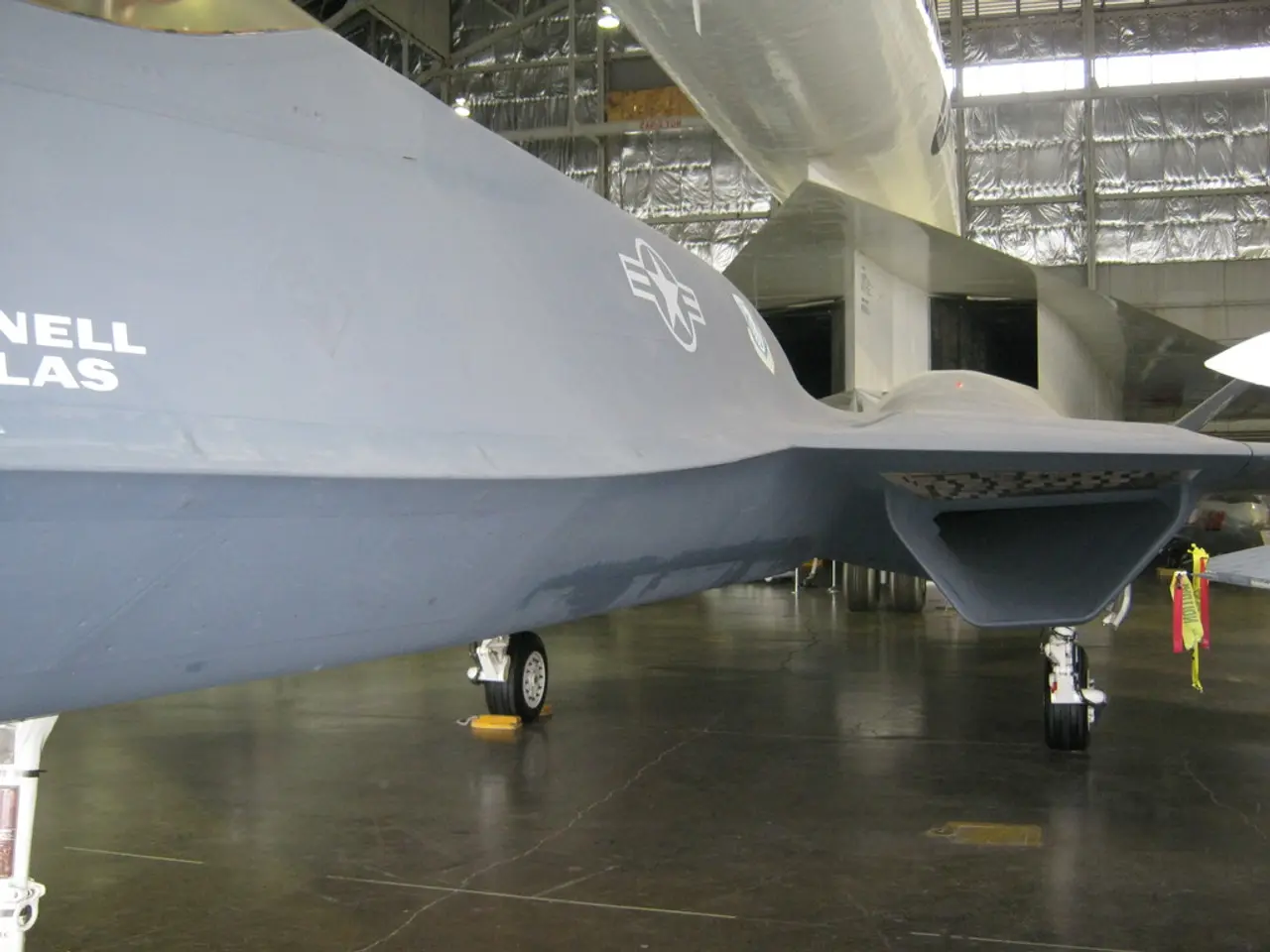Air travel anxiety? Here are 7 strategies to conquer your aviation apprehension
Aerophobia, the fear of flying, affects one in six adults, making it a common yet challenging phobia. This phobia is often triggered by past experiences or learned events that create conditioned fear responses associated with flying.
The fear of flying can manifest at various stages, from the airport to the moment of boarding the plane. It can have serious effects on an individual's quality of life, affecting daily activities and causing insomnia, irritability, absent-mindedness, and more.
Psychological treatment is the best way to deal with aerophobia. Therapy should focus on treating any underlying problems, such as agoraphobia or fear of heights, that may contribute to aerophobia. Techniques such as exposure therapy can be effective in helping individuals confront their fears and gradually overcome them.
Identifying irrational thoughts and replacing them with more realistic and useful ones can also help reduce the fear of flying. Learning about the operation of airplanes, safety, turbulence, and other aspects can provide a better understanding and alleviate fear.
A safety and distraction network can help reduce anxiety and fear of flying. This can include finding good hobbies during the trip, wearing comfortable clothes, flying with someone, trusting the crew, and understanding the safety procedures.
Benzodiazepine tranquilizers, such as clonazepam and alprazolam, are often used to manage anxiety related to a fear of flying, but they are not a long-term solution. Prolonging avoidance of flying can worsen the fear, and it is recommended to seek help as soon as possible to enjoy travel and professional projects to the fullest.
Witnessing family members with a phobia of airplanes can trigger aerophobia in some individuals. Other phobias, such as claustrophobia, fear of heights, or social anxiety, can also contribute to the development of a fear of flying.
Signs of aerophobia include anxiety, palpitations, sweating, negative thoughts, worry, nausea, and difficulty breathing. Symptoms such as shivers, feelings of suffocation, numb thinking, disorientation, and dizziness may also be present.
Fear of flying can be overcome through emotion work and new experiences. It is essential to face the fear head-on and work with a professional psychologist to develop coping strategies and manage the phobia effectively. Avoiding substances and relying on medication is not an effective long-term solution for overcoming a fear of flying.
In conclusion, aerophobia is a common yet manageable phobia. With the right approach, including psychological treatment, understanding, and gradual exposure, individuals can overcome their fear of flying and enjoy the benefits of travel.
Read also:
- Inadequate supply of accessible housing overlooks London's disabled community
- Strange discovery in EU: Rabbits found with unusual appendages resembling tentacles on their heads
- Duration of a Travelling Blood Clot: Time Scale Explained
- Fainting versus Seizures: Overlaps, Distinctions, and Proper Responses






